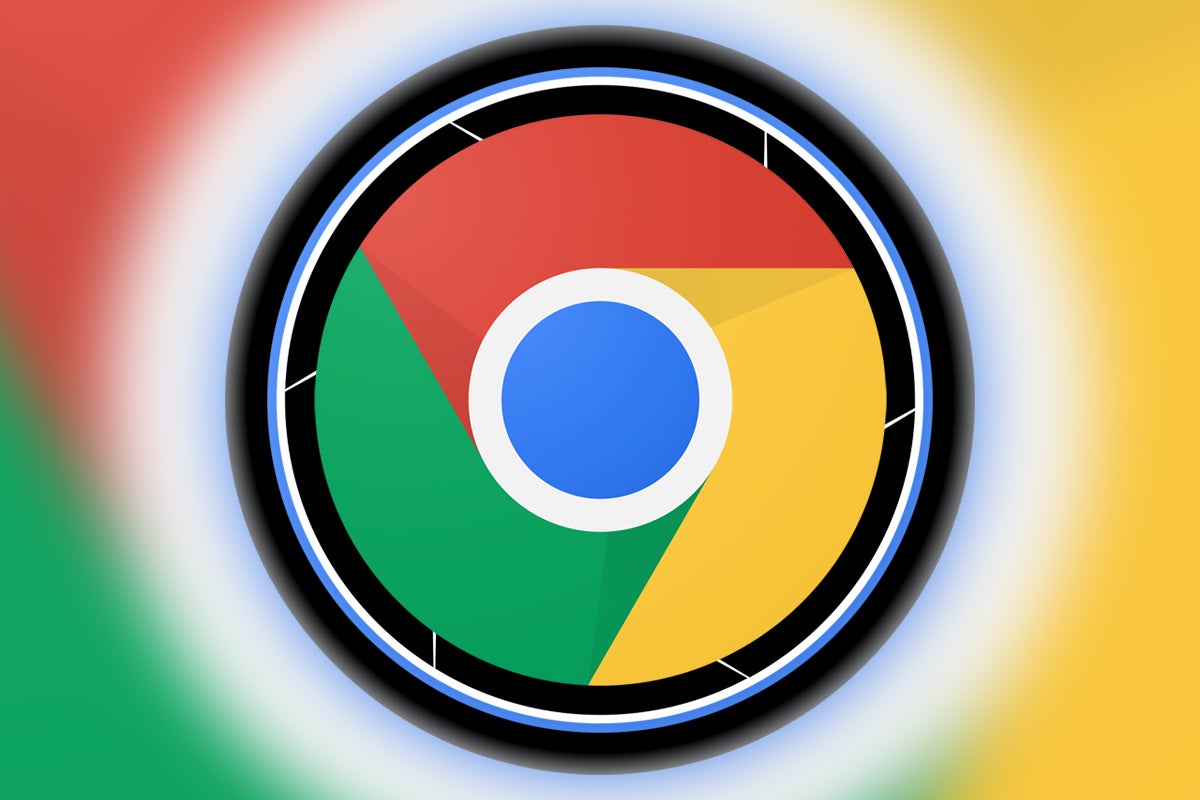Well, shucks. Just as I was about to put my brain on auto-pilot for the remainder of the year, Google went and made a major purchase — one that may seem ho-hum on the surface but that could end up being one of the most significant expansions to Google's ambitions in ages.
Google, if you haven't heard, is buying a company called Neverware. Never who? Never mind — it isn't exactly a household name, I realize. But for anyone who pays close attention to Chrome OS, it's a company whose name carries some serious weight.
We'll get into why Google owning Neverware could be so momentous in a moment. First, we need to talk a bit about what Neverware actually is, what it does, and what its product is all about — because all of that knowledge is a critical foundation for why its integration into Google is important.
Ready to dive in?
Neverware and the Chrome OS connection
I first wrote about Neverware nearly five years ago, but the company's actually been around even longer than that. Its primary purpose is creating a piece of software called CloudReady, which is basically a version of Chrome OS without all the Google-specific elements baked in. It then makes that software available to anyone — free on an individual basis and with licensing fees for fully managed enterprise and education arrangements — as a way to effectively convert any old computer into a Chromebook.
It sounds insane, but it actually works — and quite well, too. You just follow some simple instructions to install CloudReady onto your existing Windows or Mac device, and — well, that's pretty much it. The next time you start the system up, it looks and acts more or less like any regular Chromebook.
As of now, the software isn't technically Chrome OS, nor is any computer running it technically a Chromebook. Those are Google's protected brands. What Neverware has been doing is using the open source version of the Chrome operating system, known as Chromium OS, to create a Chrome-OS-like experience and then support it with ongoing updates (which it provides at a similar cadence to Google, usually just a few versions behind).
Chromium OS is kind of like Chrome OS's skeletal foundation. It has the same structure and all the same basic components, but it lacks a proprietary layer of Googley goodness that completes the full Chromebook setup. Neverware came up with a clever way of adding in its own proprietary elements to fill in the gaps and flesh out the experience, but there are certain elements it's never been able to reproduce.
A CloudReady computer, for instance, is much more limited in the types of media files it's able to support. It can't play video from Netflix or certain other streaming services without some fairly involved workarounds. Some Google services, such as Drive and Maps, don't always work as expected in the CloudReady environment. The exceptionally effective Powerwash system for resetting a device, which we talked about earlier this week, isn't available at all. And the Play Store (and thus support for installing Android apps) is similarly missing in action.
Still, CloudReady gives you an incredibly easy and impossibly affordable way to repurpose an old computer and turn it into a functional and familiar-feeling workstation — minor warts and all. And that makes it a very compelling proposition for businesses, schools, and even individuals who have dated Windows or Mac systems sitting around and collecting dust.
So why could it be such a big deal for Google to own and support the software itself? Let's get into that next.
CloudReady + Google = ?
The most important takeaway of Google's Neverware purchase comes from a recently published FAQ on the purchase — with the emphasis being mine:
"Over the long term, CloudReady will become an official Chrome OS offering."
An official Chrome OS offering! Now, think back to what we were just talking about and the limitations caused by CloudReady being an unofficial product based on the open source Chromium OS code instead of the actual Chrome OS software. Well, it certainly seems reasonable to suspect most of that stuff will go away once CloudReady becomes an official Chrome OS offering, doesn't it? CloudReady presumably won't have any meaningful caveats at all at that point, in fact, as it'll ultimately just be an extension of Chrome OS.
That means the very definition of what a Chromebook is could expand exponentially. Instead of a Chromebook being a computer created and sold explicitly to run Chrome OS, a Chromebook could essentially become any computer on which Chrome OS is installed. Converting an old Windows or Mac system into a Chromebook via CloudReady (or whatever it's called down the road — maybe just Chrome OS?) should be almost the same as buying a new computer with Chrome OS, practically speaking.
And that means people — and perhaps most critically, companies — could take an abandoned old Windows or Mac computer out of storage and turn it into a fully functional, official-update-receiving Chromebook, with minimal cost, ample advantages, and few to no asterisks attached.
From a business perspective, that should be a massive opportunity to bring existing hardware back to life and cut down on the need for new purchases. (Remember, too, that Google just unveiled a new system for enterprises to run Windows apps on Chrome OS — a suddenly very relevant-seeming twist.) Neverware says such systems will eventually be managed via the standard Google Admin console. And support for them will be provided directly by Google, just as it would with any traditional enterprise-managed Chrome OS devices.
Speaking of support, Neverware has typically aimed to provide ongoing software updates for up to 13 years for the hardware it officially certifies and more or less indefinitely for other devices — a sharp contrast to the current state of support for traditional Chromebooks. Implications for converted computers aside, it doesn't seem like a huge stretch to think that the same mechanisms that allow such long support windows in that environment could eventually make their way into the traditional Chromebook realm as well and allow Google to further extend the lifespan of regular Chromebooks, too.
It's too soon to say for sure exactly how any of this will play out, but it sure seems that Google's gearing up to break down the walls of Chrome OS and open up the operating system to some exciting new possibilities — ones that should have enormous implications for the platform itself as well as those of us who use it.
2020 may not be behind us just yet, but Goog almighty, 2021's already shaping up to be an interesting year.
Sign up for my weekly newsletter to get more practical tips, personal recommendations, and plain-English perspective on the news that matters.

[Android Intelligence videos at Computerworld]


























































